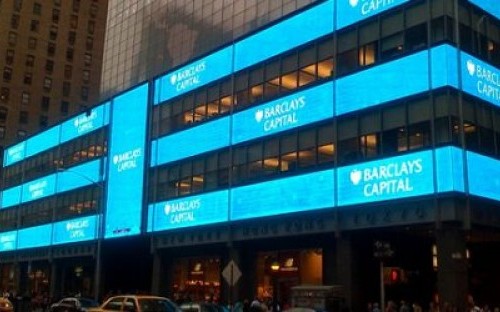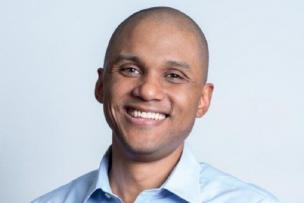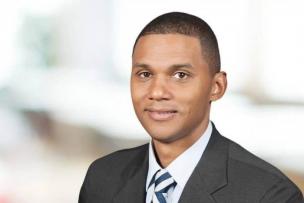She joined the bank in January 2009 and has been in the investment banking industry for 13 years. As head of campus recruitment, Clark’s remit includes a central recruitment hub in Singapore and recruiting offices in Japan and Hong Kong.
Barclays Capital has 12 members on its executive committee, two of whom have an MBA including Robert E. Diamond Jr., President of Barclays PLC.
Why do you think Barclays Capital is so popular with MBAs?
Barclays Capital is one of the newest and fastest growing investment banks. We are only 14 years old and that is one of the things that differentiates us.
We are growing globally. For example, in parts of Europe and Asia we have been building our Equity business, following the acquisition of Lehman Brothers’ US business in 2008.
Which business schools do you recruit from?
We hold on-campus recruiting events at top tier MBA schools, but we do accept applications from any MBAs globally and we share the applications globally around the firm.
In which roles are MBAs placed?
They do steer towards front office roles, and positions in investment banking and global markets.
Are there any specific postgraduate programs you target?
We target the marketing finance courses and the two-year MBA program.
We offer a summer internship for Associates, which serves as a two way process. For the individual it is an opportunity to gain some experience and also to see if Barclays Capital is right for them. For us it serves as a pipeline of talent from which we can recruit permanent employees.
The internship is 10 weeks long and normally takes place at the end of June to the beginning of September. Associates are given upfront training and the internship can be desk-specific or rotational in the area they [MBA students] have chosen.
Is there a structured path, or is there flexibility, allowing MBAs to move around different departments or different regions?
When new joiners start at Barclays Capital they will go on an initial training program, which lasts six to eight weeks and which will give them all the basic training they need, including product and industry knowledge, as well as some of the soft skills you need to work in a large and diverse organisation.
After the initial training, candidates go on to work in a specific area that they find particularly interesting and that gives them the opportunity to gain more specialist knowledge. Barclays Capital is a global and diverse firm so there is definitely opportunity to move around regions when the opportunity arises.
Out of leadership, teamwork and financial analysing skills, which quality do you most value?
All three of them! Those are the three things that you will be probed on. In Barclays Capital we have an unofficial “no jerk” policy – a way of doing things that emphasises teamwork because it is extremely important to work together in order to get anything done. It would be unfair of me to say that teamwork is the most important attribute of the three – all three are very important – but without the ability to work well in a team, you will not succeed at Barclays Capital.
In the last five years there has been an increase in students graduating with MBAs. Now that there are more to choose from, how has this made recruiting MBAs more challenging?
We are receiving far more applications than we have had in the past. If people want to do investment banking and are very focused that would come out in their applications. Some applicants have made a career change and they have done an MBA to help them move into the financial services sector.
We are receiving some very good quality applications from candidates who know that this industry is cyclical and those are the people that you would want to recruit and retain.
Have you recruited MBAs that do not come from the typical business or finance background?
Absolutely – we value diversity at Barclays Capital. As I mentioned earlier, we receive a lot of applications from individuals who are switching career. It really depends on the individual. We’ve hired people with backgrounds ranging from the armed forces, to university lecturers, to long-time financial services professionals.
RECAPTHA :
17
04
4a
68







